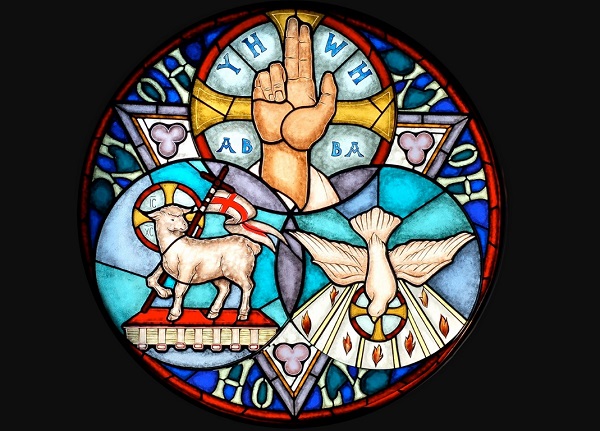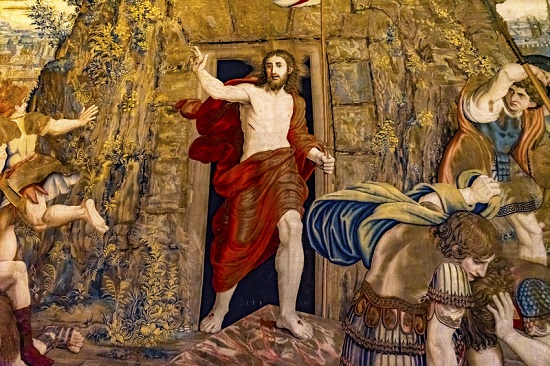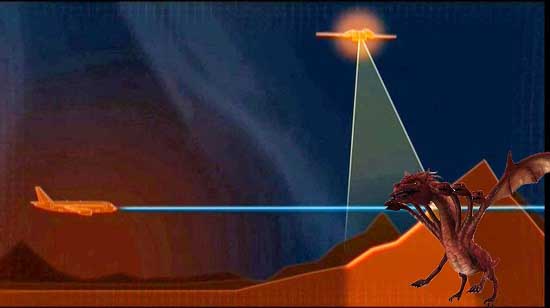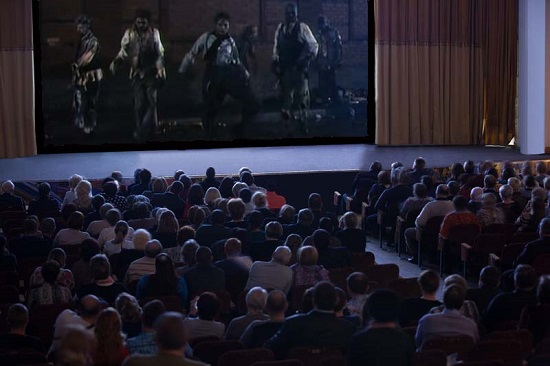“The fear of the LORD is the beginning of wisdom, and knowledge of the Holy One is understanding.”
Prov 9:10
Who is the Holy One?
Having laid down the foundation, we can now answer the question, who is the Holy One? Answering the questions will of course also allow us to answer who the Holy One is not.
In the previous articles the ground work was laid for stating explicitly what scripture presents implicitly. We see God revealed in a number of ways in scripture. The revelations we are given are of a holy, transcendent God who exists as: God the Father, God the Son, and God the Holy Spirit. Yet there is one God. Not three Gods, one God. Three persons sharing one divine essence with all its qualities: omniscience, omnipotence, omnipresence, etc. Not one God switching between three roles (modalist Unitarianism), rather we see God revealed as one God eternally existing as three distinct persons. This is the Holy One presented in scripture. From the time he first refers to himself, God does so using plural pronouns:
“Then God said, “Let us make man in our image, in our likeness,”
Gen 1.26











